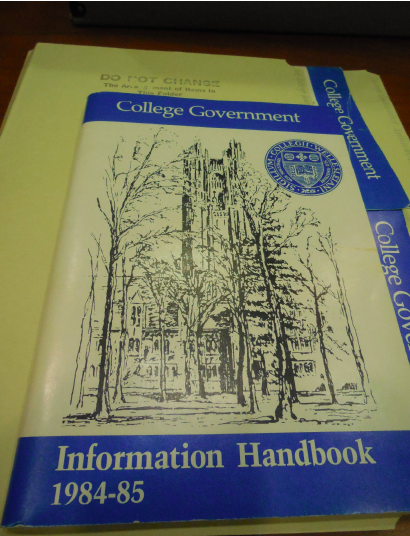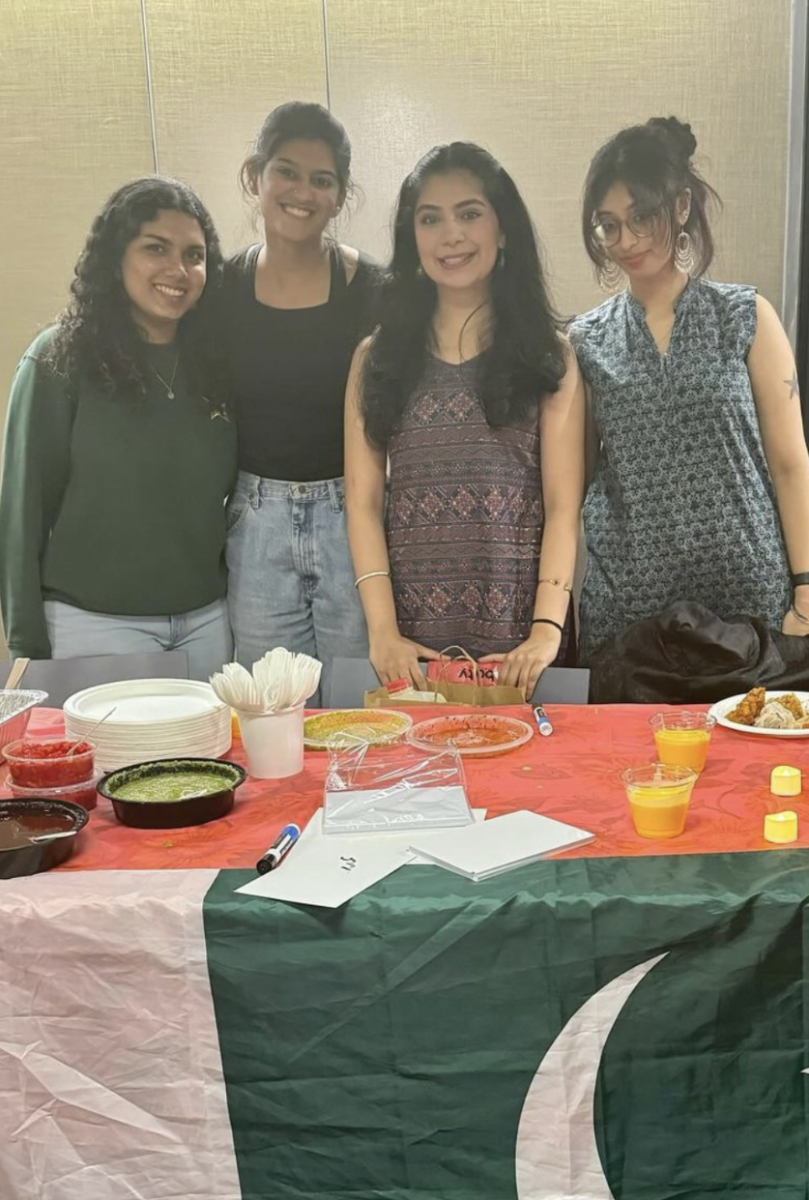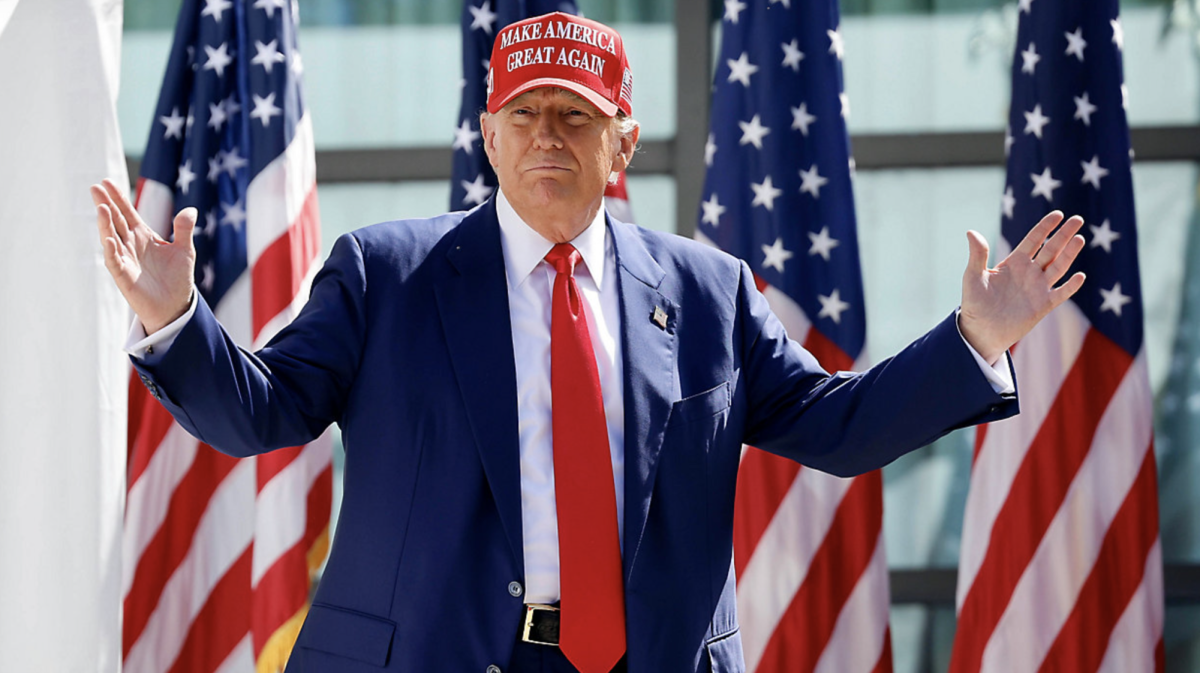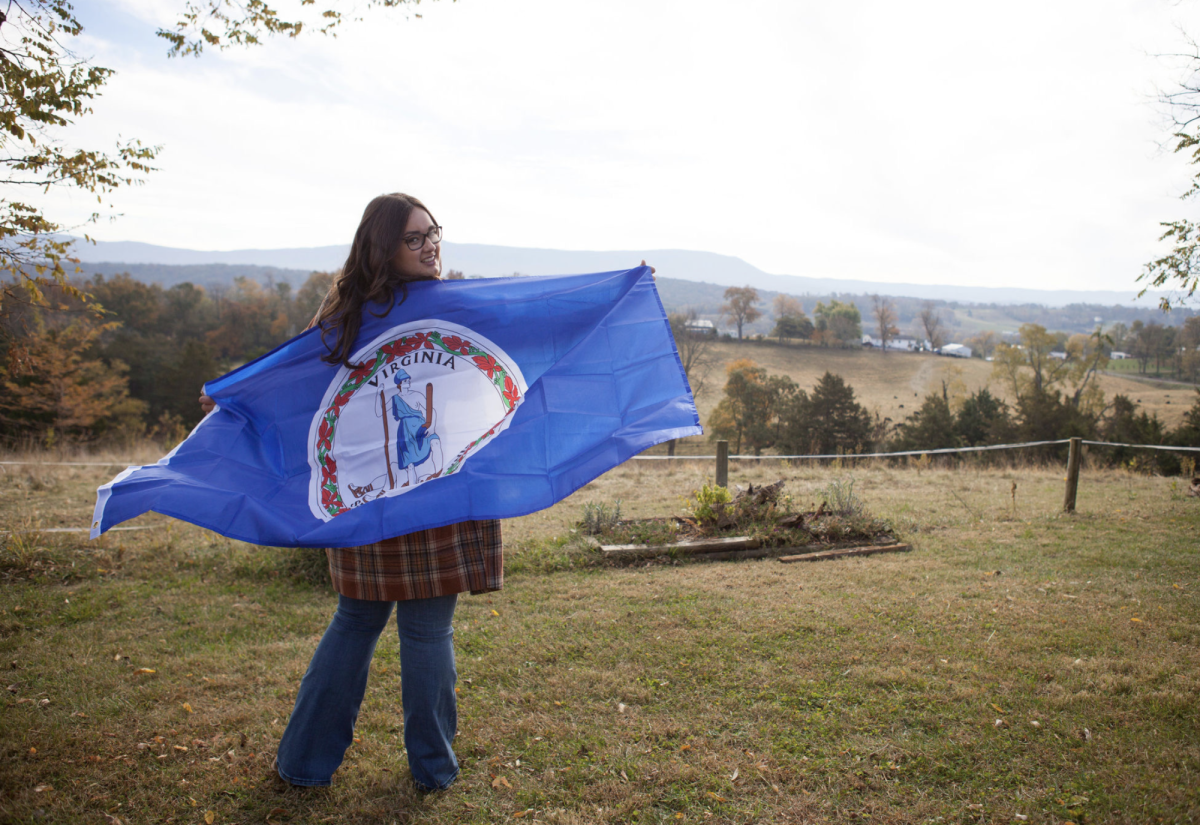The Wellesley College student government began on Feb. 18, 1876, after the College had been open only one year as a way to police academic violations.
In 1887, faculty and students began preliminary discussion on a formal college government, which was established in 1901 as the Student Government Association (SGA) with the full support of faculty members. The original structure of the student government gave both the executive and judicial power to the Senate.
The powers of the original Senate included jurisdiction over all matters of student life that were not academic or directly related to health and safety of students or the maintenance of college buildings. This included granting permissions for academic absences and travel, defining acceptable entertainment on Sundays, deciding on issues of chaperonage and male guests, and determining the relations between the students and the town of Wellesley
In 1917, the SGA was reformed so that it became a representative system instead of a system that relied upon direct representation. By this point, the student positions listed in the circular included Village Seniors and a President of the College Hall, positions which do not exist today.
Shortly thereafter, the students established a separate Judiciary Branch with the Chief Justice at its head in 1922.
After this date, the SGA gradually expanded the freedoms that it granted to students. In the 1920s and ’30s for example, the areas that were challenged had to do with chaperonage and late permissions, which governed permissible activities at night as well as areas where smoking was permissible and issues with how the society houses could be used.
This system functioned well until the 1960s, when students started to become dissatisfied with it. As a result, the original agreement between faculty and the SGA was removed and replaced with a broader statement that allowed students control over all aspects of student life that were not academic in nature.
The agreement also made faculty members of Senate a non-voting position, allowing them only the option to voice their opinion. This made little practical difference in the decisions of the SGA.
In the present, College Government (CG) is making efforts to reach back to the past and acknowledge this history.
This promise was part of the campaign of current College Government president Hana Glasser ’15.
“The Historian positions are important because we want to make sure that we are better able to communicate what CG is working on in the present and effectively build on what CG has done in the past.” Glasser said. “As students, we are only here for four years, and so in order to have the kind of institutional memory that can keep momentum behind important issues, it’s important to be connected to not only the issues of the day, but the issues of the time.”
To fulfill her campaign promise Glasser created two new positions for senators within the Communications committee: Historian of the Past and Historian of the Present. These positions are filled by Audrey Choi ’18 and Jessica Shin ’18, respectively. They recently began organizing information about the last four to five years at Wellesley as part of a larger goal to digitize information and compile it into a comprehensive timeline from the last 10 years of CG history.
“So if we could do a timeline for our year we’d talk about the mental health initiative, the Ideafest that happened, the Ferguson talks, our upcoming talk on sticks and stones, things like that and who we invited for SBOG,–– charting out some of the major ideas that happened,” Shin said to explain the project.
According to Shin, these records are necessary to provide the Wellesley community with greater awareness of the past.
“We have the minutes relayed to archives and all that stuff, but I feel like no one really knows what happens year to year,” Shin said.
The historians are still in the early part of the project but are already starting to notice some trends from year to year.
“I don’t have a lot of information extending as far back, it’s really interesting to see that a lot of our traditions have been maintained, at least as the past five years, and I’m assuming even more. And we are definitely still looking into that,” Choi said.
Shin and Choi hope that in the end their work will help the college get a better idea of the current role of CG.
“I feel like this is a good way to get CG’s name out there. A lot of times people don’t know what CG does, or how it impacts people, and I just feel like if they see ‘oh, in the past decided on this, which we’ve now implemented,’” Shin said.
Photo courtesy of Grace Ballenger ’17, Features Editor
Grace Ballenger ’17 is a Features Editor who is majoring in Spanish and should also be majoring in English based on the number of English classes she is currently taking. She also enjoys playing piano, singing in the choir and drawing. She can be reached at [email protected].









